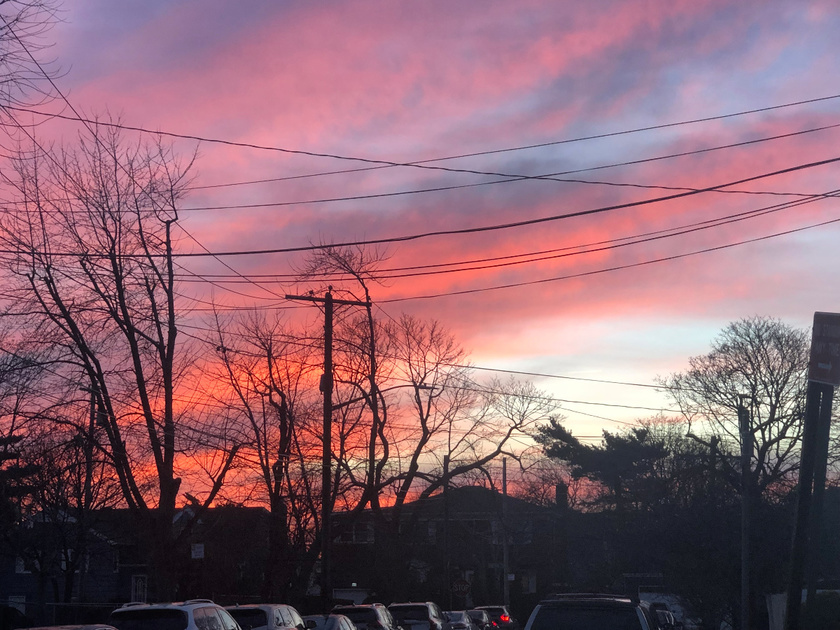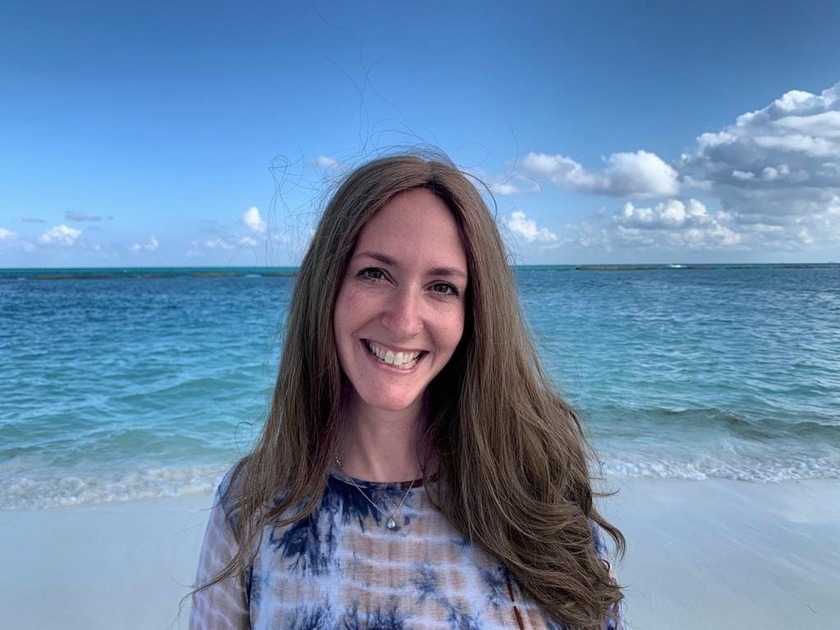
“These are the times that try men’s souls.” – Thomas Paine
One of the many ripple effects of the current health crisis, is the challenge of faith. Many religious individuals are saying and writing sentiments to the effects of: “Now is when our love of G-d and His goodness will carry us through.” It’s where the more secularly inclined will take comfort in other ways. But what we are hearing from many who don’t feel comfortable expressing this publicly is something more like the following:
“I feel angry with the ‘trust in G-d’ messages. It’s not that I specifically don’t believe in G-d, and even try to connect to Him. But I also know that G-d is the one who brough this virus upon us. He is the one who could have prevented it, but chose not to. He is the one who allows innocent to suffer and die daily. Plenty of wonderful people’s prayers did not save them. So, no, I don’t feel comforted by the knowledge that I’m in G-d’s hands. Those hands could crush us at any moment.”
One such person shared a powerful personal experience with me (and gave me permission to share further, without a name:
I actually gave up on seeking serenity and truth in religion. I had accepted that this was not working for me, and decided to seek meaning and inner peace in more contemporary ways. I began to explore how those who don’t practice theologically find meaning, deal with uncertainty, and establish values. I gravitated toward more mental health practices, with some secular spirituality. What I found blew my mind. As I tried to move away from feeling trapped and limited by a the mysterious will of a G-d I feared and could not understand, I realized that my inner fight was not limited to me or my relationships with G-d. Everywhere I turned I found people who were resisting and fighting reality, and others who could engage with it and accept it. Those who threw tantrums about the injustice of the world, and those who seek to promote change through making a difference. Those who are overtaken by fear about the future, or discouragement and hopelessness, and those who find ways to cultivate joy, empowerment, and hope in an uncertain world. I wanted to learn from “realists” from those who weren’t “hiding inside a bubble of G-dspeak” how to deal with adversity in healthy ways. And do you know what I discovered? These intellectuals, academics, researchers, and therapists ultimately seem to arrive at the almost all the same conclusions, but in different languages. I heard advice like:
“Always keep learning- knowledge is power.”
“Acceptance is the beginning of hope.”
“Feel your feelings, validate them. Meditate. And then try to also practice gratitude.”
“Believe that the universe will ultimately align for the greater good.”
“Your thoughts can create new realities.”
“Abundance will flow toward the energy that attracts it, based on your cognitive frequency.”
“Practicing kindness and compassion for others is healing for the self as well.”
“You can rewire you brain for more effective function through the mechanics of neuroplasticity.”
“Just try to do the next good thing.”
“Be the best version of yourself.”
I honestly couldn’t believe it. What I was trying to escape from the paradigm of G-d as the Big Boss of Everything, was the lack of control. But I learned that that existed equally beyond scope of my religious life and lexicon. That in order to create a mindset and a life that don’t succumb to despair, the answer is not giving up or running away. It’s cultivating tranquility despite the confusion. It’s fighting the darkness by being the light. It’s choosing to acknowledge that there is more that we can’t understand or change than that we can. But despite that to try and develop a mentality of growing and giving, by focusing not on what we can’t do, but what we can. I don’t know whether I will ultimately return to a G-d centered model or not. But I feel oddly enlightened and comforted to find that it’s not as off-base as I’d imagined.
Everyone walks his own path. If turning to abiding faith in G-d bolsters you personally- that's truly great. But for many others, it's not so simple, and hearing about it can be painful. This person happened to have sustained private scars from unholy encounters with organized religion and some of its less noble ambassadors. (This is a sadly common phenomenon.) You might call the unknown forces G-d, the universe, nature, the slings and arrows of outrageous fortune or just plain luck. But we each need to honor our own questioning process and pace, and forge our own psychological and spiritual journeys, rumbling with our pain and challenges in real time, and seeking healing from the sources that speak to our unique inner selves.
Check out my new course!
A Religious Families Guide to Healthy Holy Sex Education: Sacred Not Secret
Elisheva Liss, LMFT is a psychotherapist in private practice. Her book, Find Your Horizon of Healthy Thinking, is available on Amazon.com. She can be reached for sessions or speaking engagements at speaktosomeone@gmail.com More of her content can be found at ElishevaLiss.com
 Previous
Previous

